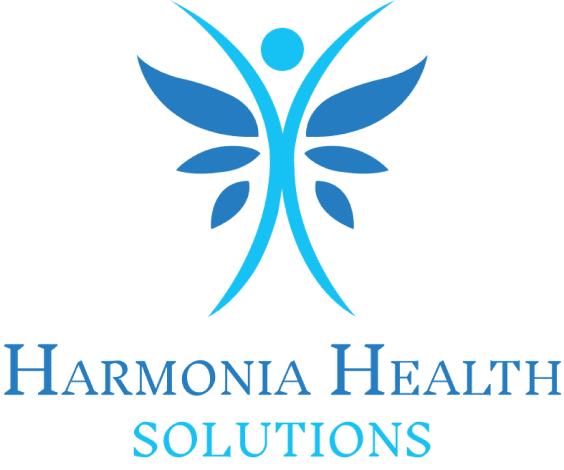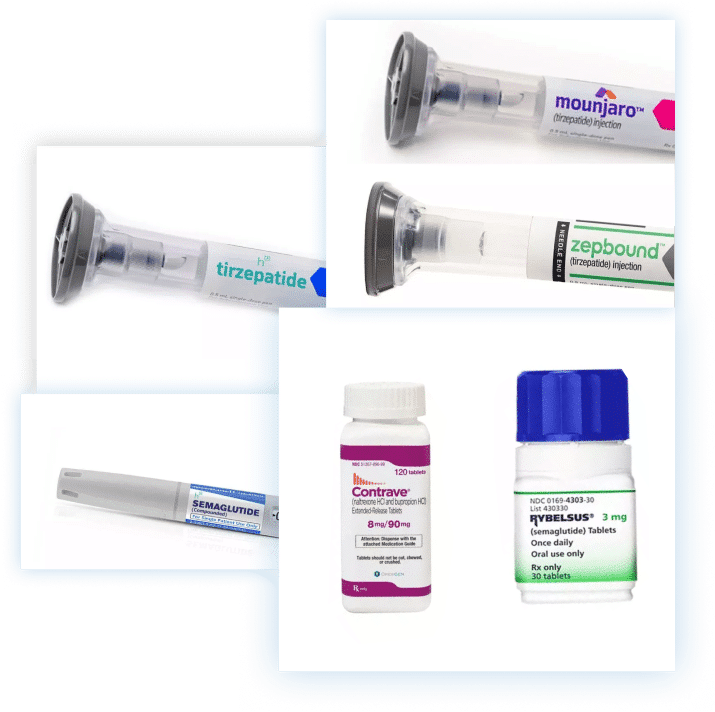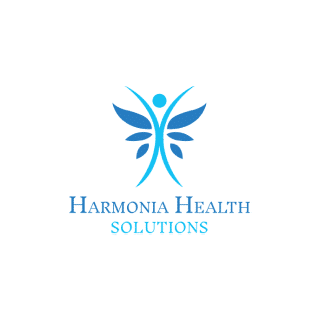

Create an account, provide basic information, and schedule your online consultation with a licensed holistic health doctor.

Use our secure telemedicine video platform to discuss your health concerns from the comfort of your home.

After your consultation, your doctor will create a personalized treatment plan based on your needs.







Rapamycin is a medication originally used to prevent organ transplant rejection. It works by suppressing the immune system.
Recently, it has gained attention for its potential anti-aging effects, as it may slow aging by inhibiting the mTOR pathway, which regulates cell growth and metabolism. It is also being studied for its possible benefits in age-related conditions and diseases.
Rapamycin is FDA-approved for specific uses, but not for anti-aging purposes. It is approved for:
Rapamycin is not FDA-approved for anti-aging or weight loss, although it is being studied for these uses in clinical trials. Its off-label use for aging

Rapamycin stimulates autophagy, the body’s process of cleaning out damaged cells and regenerating healthy ones. This cellular recycling process is key to keeping our cells healthy. Rapamycin helps in preventing the build-up of cellular debris by stimulating autophagy.
This, in turn, could delay the onset of many age-related disorders. Increased autophagy has been associated with improved cellular function and greater resistance to stress.
Rapamycin reduces immune system hyperactivity, which helps prevent organ rejection in transplant patients. It also reduces chronic inflammation, a key factor in many age-related diseases, and may help maintain a youthful immune profile.
Emerging research shows that Rapamycin may benefit brain health and cognitive functions like memory and learning.
Rapamycin’s effect on the mTOR pathway and inflammation may help protect brain cells from the usual declines associated with aging, potentially preventing conditions like Alzheimer’s.
Rapamycin’s interaction with the mTOR pathway is what explains its wide-ranging benefits. The mTOR pathway is a central regulator of cell growth and metabolism. By blocking this pathway, Rapamycin increases healthspan and lifespan at the cellular level.
Rapamycin decreases inflammation through immune response modulation, which helps our body avoid chronic disease and frailty.
One of the consequences of increasing inflammation with age is the development of diseases like cardiovascular disease, diabetes, dementia, and cancer.
By reducing inflammation, Rapamycin promotes healthier aging and decreases the likelihood of diseases linked to inflammation.
Cardiovascular diseases often increase with age, but Rapamycin may help keep the heart healthier longer.
It improves how heart cells handle stress and reduces the progression of atherosclerosis (hardening of the arteries). These effects may help the cardiovascular system stay more resilient against age-related wear and tear.

When considering Rapamycin for anti-aging or longevity, approach it under medical guidance. The optimal dose can vary depending on factors such as age, health status, and specific anti-aging goals.
Start with a prescription from a doctor. Your doctor will start Rapamycin in low doses. Adjustments will be made over time based on individual responses and health changes.
Consistent monitoring by a healthcare provider ensures safe and effective use. While Rapamycin shows promise for longevity and anti-aging, always follow professional medical advice to ensure safety and efficacy.
Topical rapamycin, including 0.25% cream, is applied to the skin to address signs of aging. Unlike oral rapamycin, topical formulations focus on localized effects. It helps reduce wrinkles, improve skin texture, and promote hair growth.
Topical rapamycin for hair loss has shown promise, with users finding improvements in before-and-after comparisons.
Topical rapamycin cream is safe when used under medical supervision and can help manage skin aging or conditions like facial angiofibromas.
Interested in topical rapamycin for skin or hair? Contact us today to learn more about topical rapamycin gel and hair solutions!

Rapamycin is an innovative rejuvenation medication that targets biological pathways associated with aging.
It works by inhibiting a protein called mTOR, which plays a key role in cell growth and aging. This inhibition helps slow down processes that contribute to cellular aging.
While the timeline for results can vary, many users notice improvements in energy levels, skin texture, and vitality within a few months. Beyond these surface-level changes, Rapamycin may also impact health and wellness.

Today Rapamycin is used to prevent organ transplant rejection and treat specific rare lung diseases. It’s also being studied for its potential to extend and improve healthspan.
Fatigue: This can stem from the role of mTOR pathway inhibition in energy metabolism.
Gastrointestinal Issues: Nausea, diarrhea, and abdominal pain are common. These side effects are usually manageable with dosage adjustments and changes in eating patterns.
Headaches: Headaches are common but usually responsive to hydration and rest.
Rapamycin can increase healthy life span and delay aging. It accomplishes this in part by blocking the mTOR pathway, which is related to cell growth and the progression of aging. Such an action would improve cellular repair and maintenance.
Today Rapamycin is used to prevent organ transplant rejection and treat specific rare lung diseases. It’s also being studied for its potential to extend and improve healthspan.
Book a consultation at Harmonia Health Solutions to get a personalized consultation with a medical provider.
Diet, exercise, and other lifestyle changes (smoking or drinking) are natural approaches that can mimic the effects of Rapamycin.